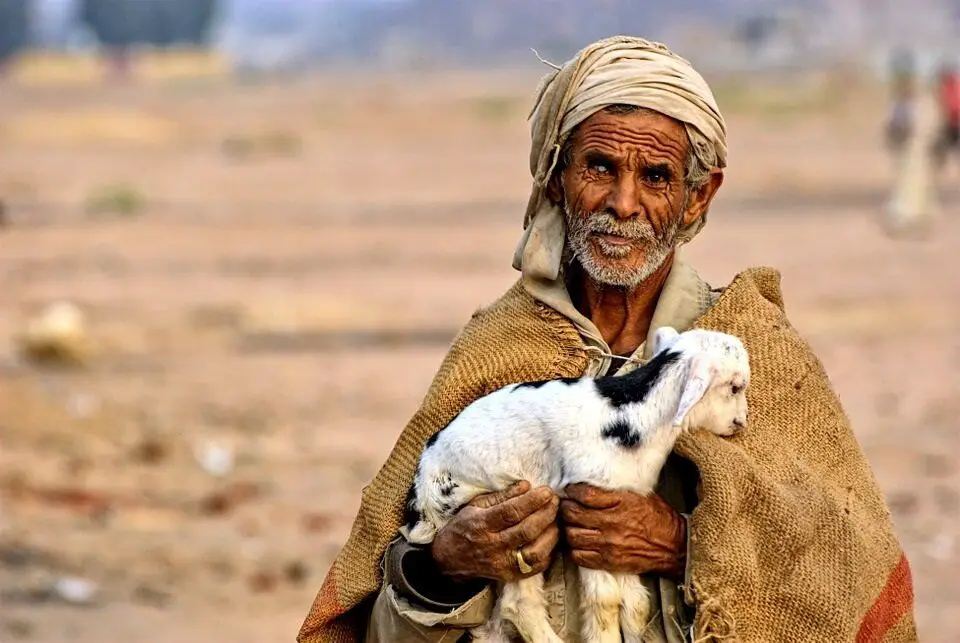The history of people and landscapes, whether natural or cultural, is fundamentally connected. Answering key historical questions about this relation will allow us to approach our most important environmental issues in novel ways.
Today in the open access journal PLOS ONE archeologists present a list of 50 priority issues for historical ecology.
We tend to think of the overuse of natural resources, climatic instability, and large-scale human land use as quintessentially modern day problems. Yet a group of researchers led by archaeologists and calling themselves historical ecologists have recently come together to determine what we need to know about past human-environmental relationships to build a more sustainable future. These historical ecologists crowd-sourced hundreds of research questions from scholars around the world that, when answered, will reveal key information about how people have hade impact on and responded to changing environments over the course of thousands of years. Workshops were held at Uppsala University (Sweden) and Simon Fraser University (Canada) to discuss submissions from scholars and identify the 50 questions that are most in need of answering. The list of 50 priority issues for historical ecology will be published Friday in the open access journal PLOS ONE.
This research brings a novel approach to tackling the big problems our societies face when it comes to human-environmental relations. Historical ecologists are a diverse community of scholars dedicated to bridging the gap between the natural and social sciences because as first author Chelsey Geralda Armstrong, a PhD candidate at Simon Fraser University explains “issues like climate change are not just ecological problems – they are social ones.” Adds co-author Anna Shoemaker, also a PhD at Uppsala University “The 50 questions in this paper make no distinction between the history of people and landscapes, or natural and cultural, the two are fundamentally connected.”
The focus on learning from the past is also critical as “worldwide and through time, humans have adapted to environmental stresses and climatic shifts. Although it’s easy to assume that people tend to disastrously impact environmental health”, says Armstrong, “through studying the archaeological record and working with Indigenous collaborators, we see many examples of ancient societies that have successfully responded to environmental instability by conscientiously managing their resources and behaving in ways that promote resilient and biodiverse habitats.”
The paper also makes clear that another reason history matters is that to be able to predict the effects of contemporary human activity, to create accurate models for future climate change for example, we need to know how modern landscapes have been shaped by the actions of people in the past. Says Shoemaker “humans have been modifying their environments for a long time. We need to take into account how the landscapes we live in today are the result of millennia of people doing things like burning vegetation, herding animals and farming when we make decisions about how to preserve, restore, or remodel environments. Historical ecology research is all about generating that data so we can figure out how best to manage our world.”
Another clear concern for these researchers is how academics can better integrate Western science with traditional and Indigenous knowledge bases. “Local and Indigenous communities that have tended to be marginalized from environmental management decisions have much to offer,” says Armstrong, adding that “issues like climate change need to be approached with diverse knowledge sets, and take into account multiple perspectives”. Armstrong stresses that greater attempts at meaningful and respectful collaboration with Indigenous and local communities are seriously needed, revealing that “the questions submitted from researchers about how resource managers can best engage with Indigenous and/or local communities were consistently flagged as some of the most important.”







